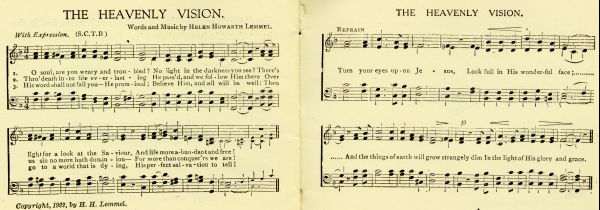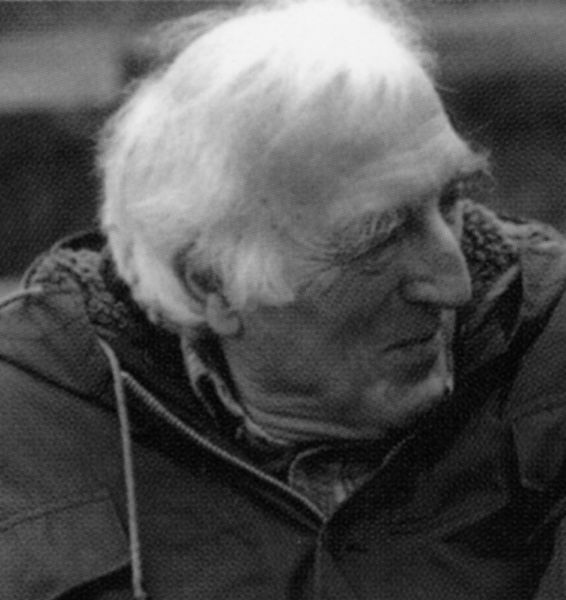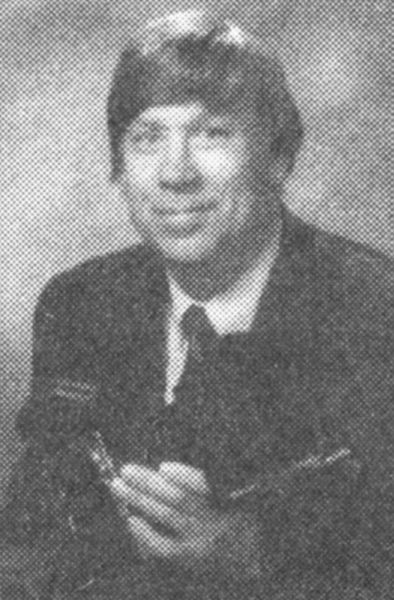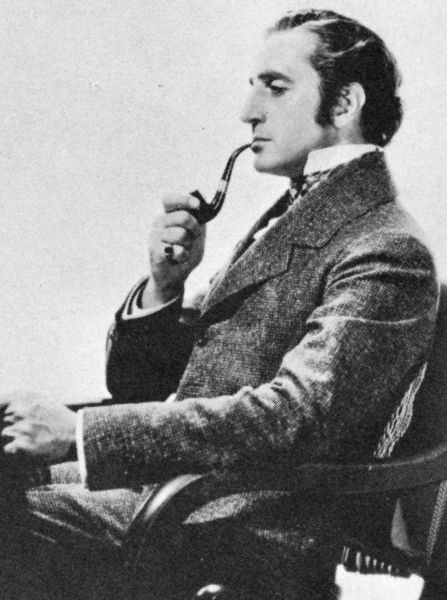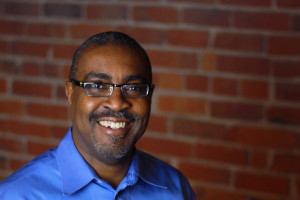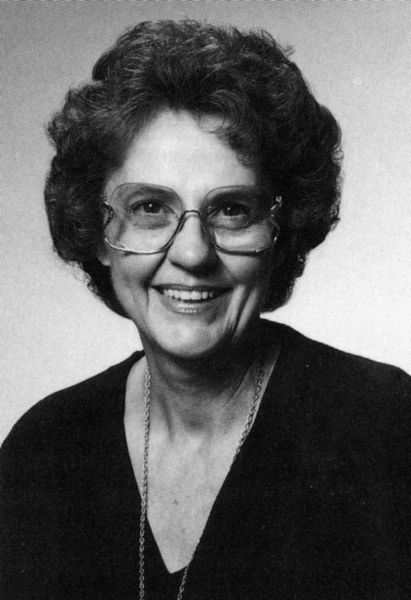Springtime dandelions sprouting across suburban Chicago yards or vast corporate lawns stand little chance for survival. Usually herbicides have been diligently sprayed to eradicate this annoyance long before the first yellow dandelion heads burst sunward on the green grass. This was certainly not the case one hundred years ago at Wheaton College. In fact, the little flower (technically a weed) was celebrated. An article from the March, 1911 Record describes a unique tradition.
…A custom peculiar to Wheaton College is that of planting dandelions. Every spring when the dandelions begin to show, the students watch eagerly for the small yellow flowers, and then still more anxiously for them to go to seed. This is the time for the popular dandelion contest. The students go out by classes and gather the spherical white blossoms, and, bringing them to campus, flow the seeds over the grass so that in future years the dormitory and Wayside Inn be blessed with dandelion greens from our own campus. A banner is awarded to the most successful class.
These days the Wheaton College campus is carefully landscaped and meticulously manicured, allowing not a single dandelion. However, Reverend Henry Ward Beecher, a visionary friend of Wheaton College, writes from quite another perspective, “It gives one a sudden start in going down a barren, stony street, to see upon a narrow strip of grass, just within the iron fence, the radiant dandelion, shining in the grass, like a spark dropped from the sun.”

